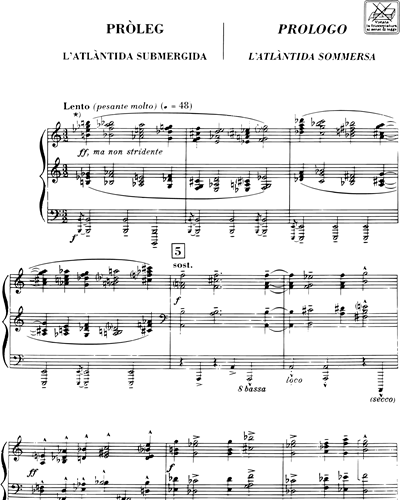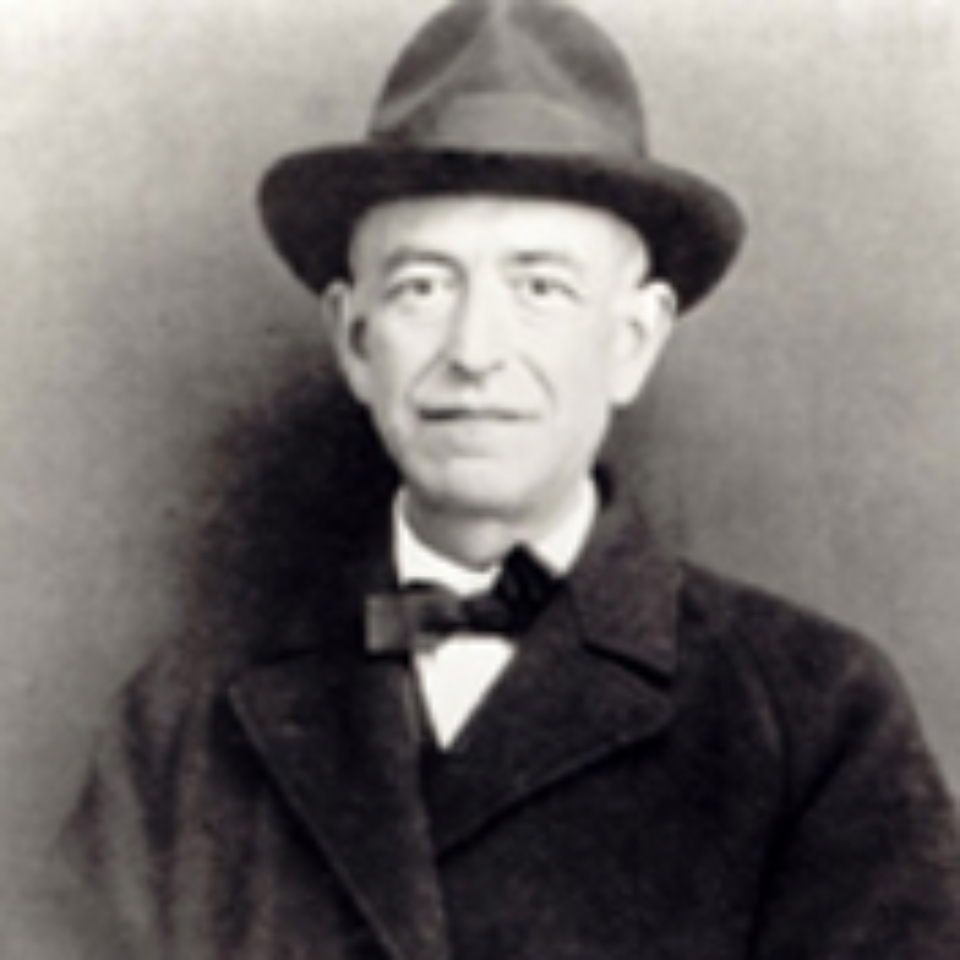
Manuel de Falla
123 pieces at nkodankoda sheet music library
over 100k editions from $14.99/month
Hassle-free. Cancel anytime.
available on
nkoda digital sheet music subscription


Editions
Annotate
Library
Perform
100k+ available Editions
More about Manuel de Falla
Manuel de Falla y Matheu was an eminent Spanish composer and pianist, considered one of Spain's most important musicians of the 20th century. Born in Cádiz, he studied piano and composition in Madrid, initially influenced by native Andalusian music. His journey took him to Paris, where he engaged with contemporaries like Ravel and Debussy. On returning to Spain, Falla's compositions, including 'La vida breve' and 'El retablo de maese Pedro', married traditional Spanish elements with a modernistic style. Exiled to Argentina during the Spanish Civil War, he continued composing until his death in Alta Gracia in 1946.

Manuel de Falla sheets music on nkoda
Edition/Parts
Composer/Artist
Part
Source
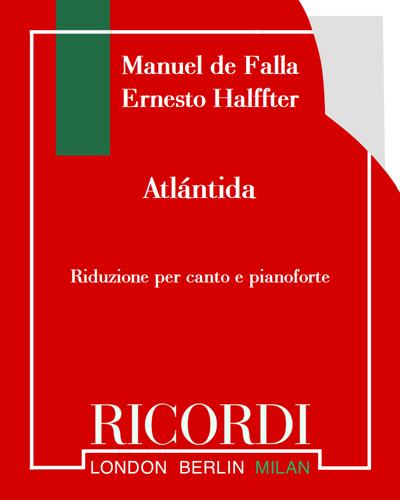
Atlàntida
Manuel de Falla
Opera Vocal Score
Ricordi
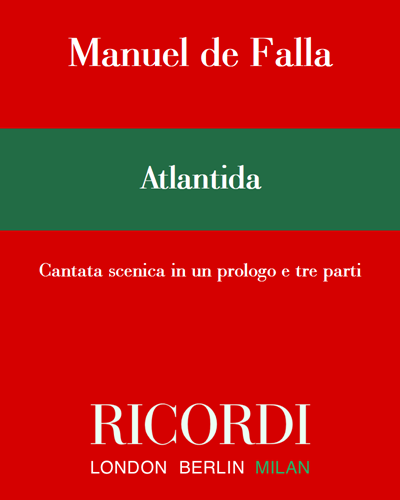
Atlantida
Manuel de Falla
Full Score
Ricordi
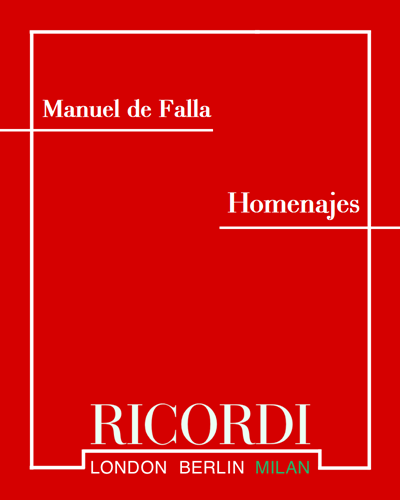
Homenajes
Manuel de Falla
Orchestra
Ricordi
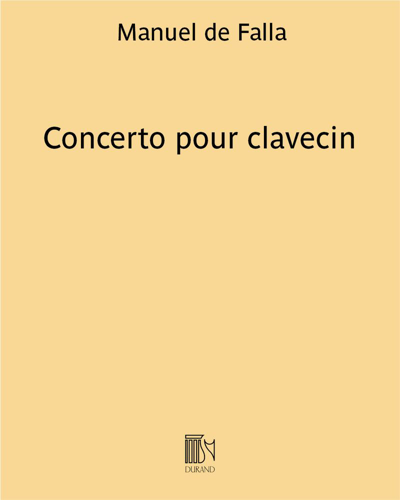
Concerto for Harpsichord
Manuel de Falla
Full Score
Max Eschig
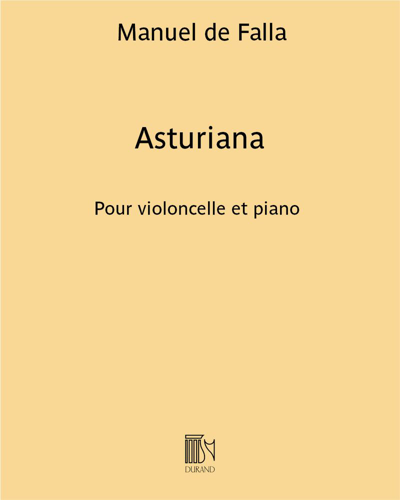
Asturiana (Extract No. 5 from 'Suite populaire espagnole')
Manuel de Falla
Piano & Cello
Max Eschig
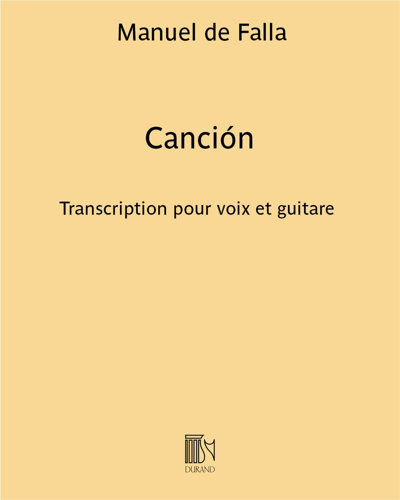
Canción (Extract No. 6 from 'Seven Spanish Folksongs')
Manuel de Falla
Voice & Guitar
Max Eschig
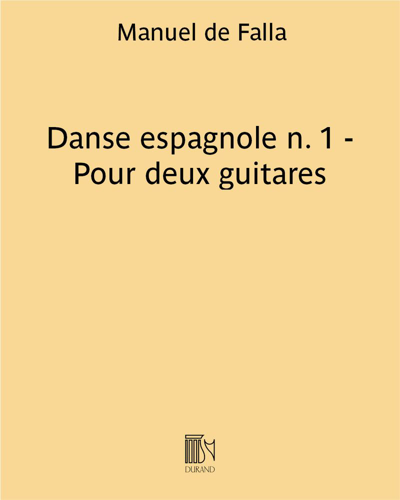
Danse espagnole No. 1 (from 'La vida breve')
Manuel de Falla
Guitar 1 & Guitar 2
Max Eschig
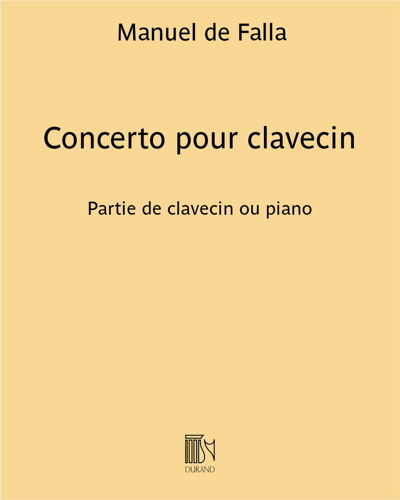
Concerto for Harpsichord
Manuel de Falla
Harpsichord & Piano Alternative
Max Eschig
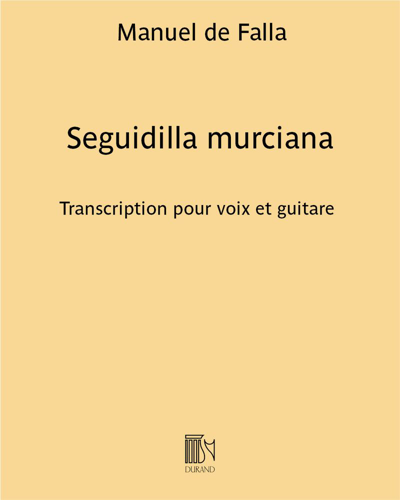
Seguidilla murciana (from 'Siete canciones populares')
Manuel de Falla
Voice & Guitar
Max Eschig
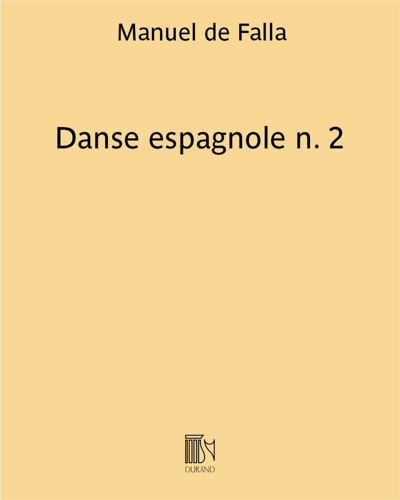
Danse espagnole No. 2 (from 'La vida breve')
Manuel de Falla
Piano
Max Eschig
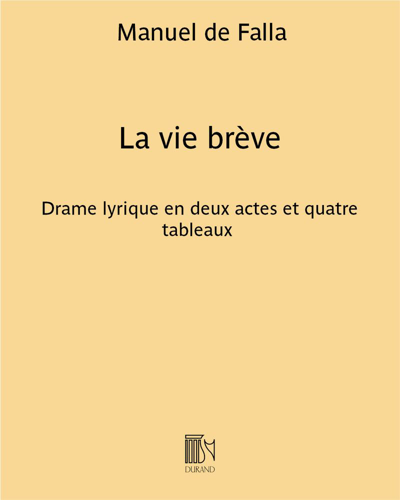
La vie brève
Manuel de Falla
Female Chorus & Male Chorus & Opera Vocal Score
Max Eschig
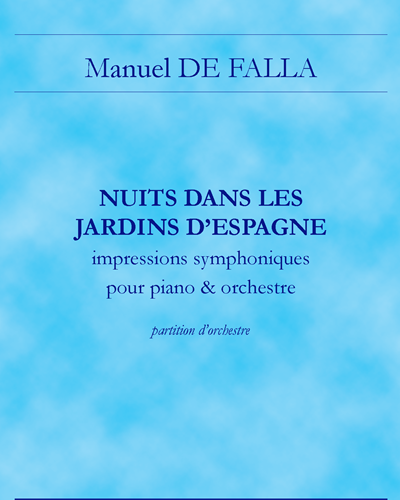
Nights in the Gardens of Spain
Manuel de Falla
Full Score
Max Eschig
INSTITUTIONAL PARTNERS
PUBLISHERS PARTNERS
TESTIMONIALS


